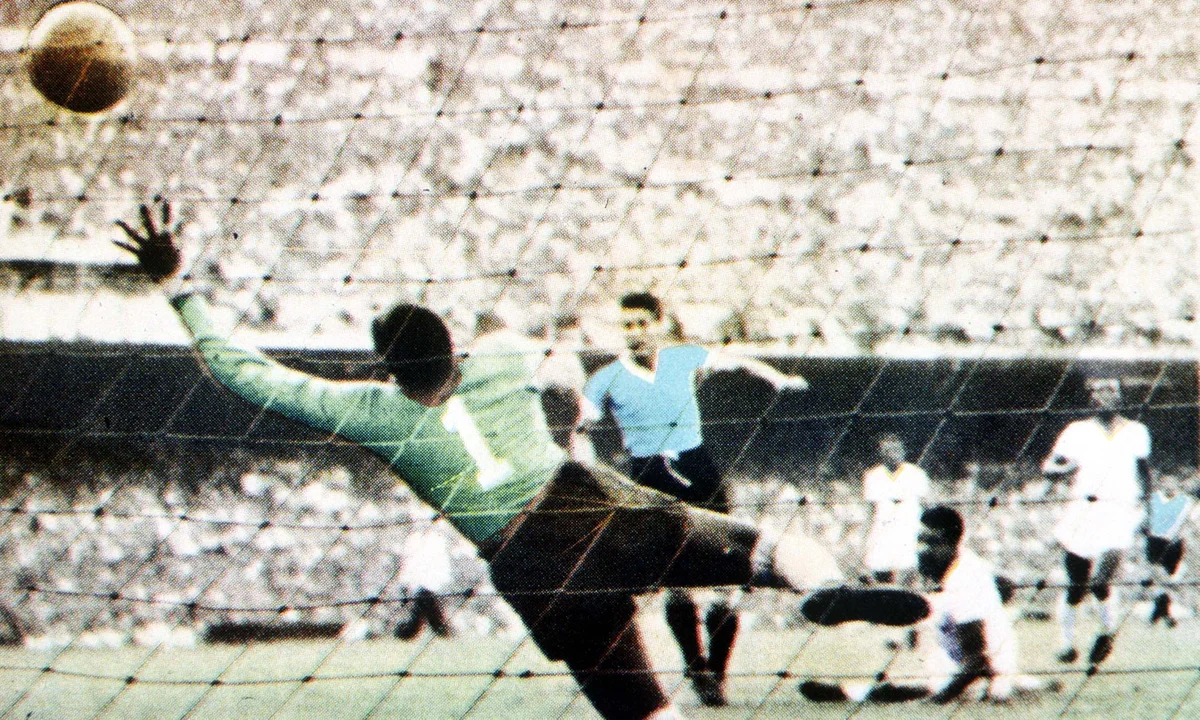On July 16, 1950, at Rio de Janeiro’s Maracanã Stadium, Uruguay achieved one of football’s most legendary upsets by defeating Brazil 2–1 in the decisive match of the FIFA World Cup. In front of an estimated 200,000 spectators, Brazil needed only a draw to secure the championship, while Uruguay required a win. Despite Brazil taking the lead, Uruguay’s Juan Alberto Schiaffino equalized, and Alcides Ghiggia scored the winning goal, silencing the massive home crowd. This match, known as the “Maracanazo,” remains a defining moment in World Cup history.
Uruguay’s victory was not just a triumph on the field but also a testament to leadership and resilience. Captain Obdulio Varela played a pivotal role by motivating his teammates to believe in themselves despite the odds. His famous words, “Boys, outsiders don’t play. Let the show begin,” inspired the team to challenge the heavily favored Brazilians. This moment exemplifies the power of determination and unity in sports, highlighting how psychological strength can rival even the most dominant teams.
The Maracanazo’s legacy extends far beyond the final whistle. For Brazil, it triggered a nationwide reckoning and major reforms in team strategy and leadership. For Uruguay, it became a source of enduring national pride and a symbol of the “garra charrúa” fighting spirit. By applying the E-E-A-T principles—Experience, Expertise, Authoritativeness, and Trustworthiness—this moment stands out as not just a game, but a historical shift that shaped the future of international football.

